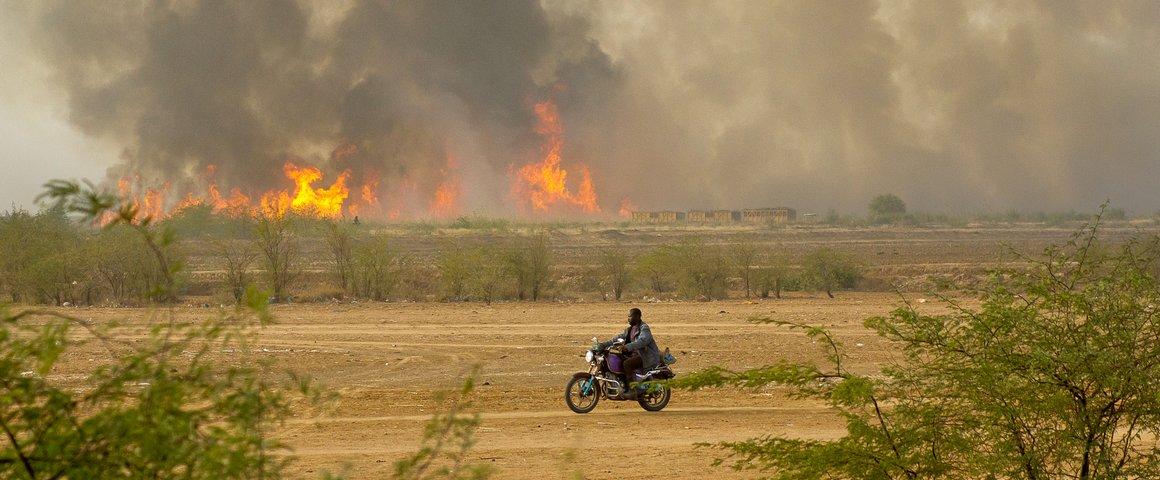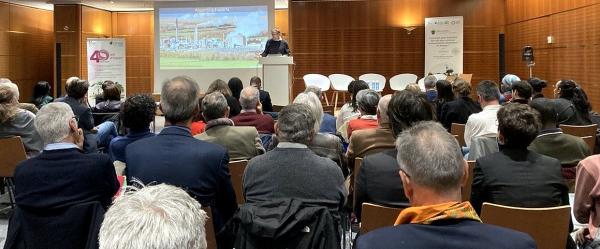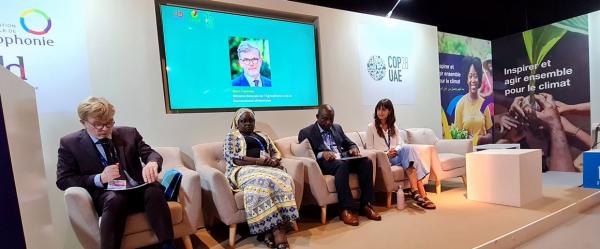Event 7 March 2024
- Home
- CIRAD news
- News
- Africa, a climate injustice?
Africa, a climate injustice?

A combination of high temperatures and intense droughts creates conditions that favour bush fires @ R. Belmin, CIRAD
In its latest synthesis report, the IPCC stresses that it is those people who contribute the least to greenhouse gas (GHG) emissions who are the most vulnerable to climate disruption, and this applies to Africa. While it is Europe and the Arctic that are suffering the most marked temperature rises, Africa, and sub-Saharan Africa in particular, has already seen more intense droughts, and in the near future, it is the Mediterranean and southern parts of the continent that will be the most severely affected by the lack of rain. The situation is all the more worrying in that the populations concerned are particularly vulnerable to the effects of climate change. "This is linked to the fact that the continent's economy is highly dependent on agriculture and is often informal", says Aida Diongue Niang, meteorologist and technical advisor at the Agence nationale de l’aviation civile et de la météorologie (ANACIM) in Senegal and author from IPCC Group I (the physical science basis of climate change).
For Nadia Maïzi, Director of the applied mathematics centre at Mines ParisTech and author from IPCC Group III (options for mitigating climate change): "not being behind climate disruption but being hit hard by the consequences is clearly a huge injustice. This is compounded by the difficulty of finding the necessary funding to adapter the continent. According to the IPCC, we need to multiply the level of funding currently available for adaptation and mitigation by between 3 and 6".
What about climate solidarity?
"No country should have to choose between alleviating poverty and protecting the planet", said Emmanuel Macron last week at the Paris Summit for a New Global Financial Pact, organized on his initiative. The objective set for the event was to build a new contract between North and South, and 13 political leaders, including Joe Biden, Macky Sall, Olaf Scholz, Luiz Inacio Lula da Silva and the Prime Minister of Barbados Mia Mottley, expressed their determination "to improve the wellbeing of populations all over the world" in an opinion piece in "Le Monde". Awareness of climate injustice seems to be growing. Will it result in effective, concrete actions to tackle the climate emergency?
Replay of the conference available shortly


























